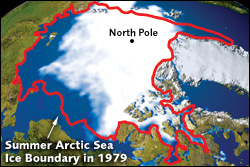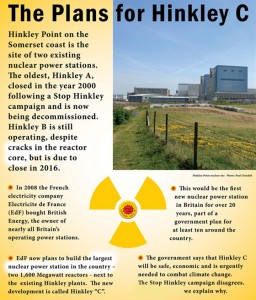E is for Europe
In the beginning E was for Energy. Now that Brexit has begun, E is for Europe. Our Environment may be at further risk due to Brexit– but how will Brexit affect us?
Environmental issues don’t stop at borders. Many issues require sustained action over a long period of time. Cooperation is needed between countries if the UK is to achieve its energy and climate goals. The UK needs to work with others to reduce the pressures on the environment. By working together, we can increase biodiversity and use our resources wisely.
We need agreements between nations to cooperate on protecting our planet from climate change. The question is; will leaving the EU effect the UK’s ability to cooperate with other European countries in reaching our shared goals?
The IEEP hopes E is for Europe
A report from the Institute for European Environmental Policy outlines the importance for the environment of being part of the EU.
Countries which are members of the European Economic Area (EEA) but not the EU are still subject to a large body of EU environmental legislation. But it is uncertain how the UK will negotiate its legislation with the EU in the coming months. This means it is still uncertain how the UK will determine its environmental policies.
Now that the UK is leaving Europe, its parliament may be able to make laws which are more specific to the country and therefore improve the overall environmental policy. But do we trust the UK government to make environment-over-economy based decisions when it comes down to it? Many have said that there could be detrimental effects of leaving the UK to change its environmental policies without the EU as a moderator.
The possible effects of Brexit were summarised by an expert in EU Environmental policy,
Dr Charlotte Burns, Environment Department, University of York;
“ If the UK exits from the EU but remains part of the European Economic Area the huge progress made in improving the UK environment could be lost… A total withdrawal suggests a much wider erosion of environmental policy, … which risks significant economic damage to the UK.”
Overall, there is a gloomy outlook from the environmental perspective of Brexit.
What can we do?
– Contact your local MP to see what they are doing.
– Read about the issue in the news and in reports
– Sign an e-petition, such as this one from the Wildlife Trust, who wish to adopt European environmental legislation.














